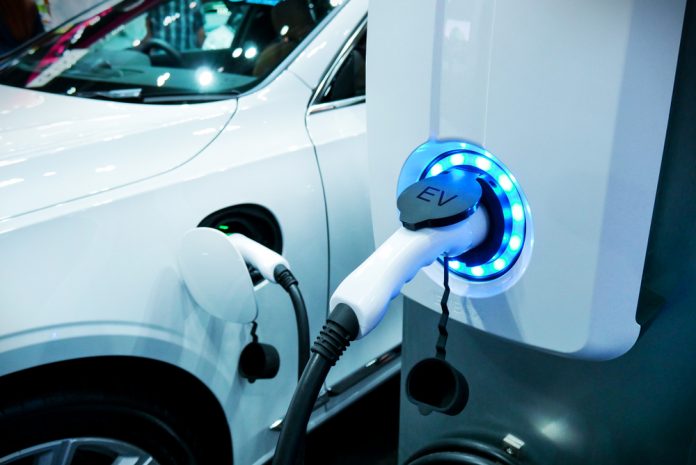New research has identified a disconnect between the expectations of electric vehicle shoppers and the reality of what the market has to offer, underscoring the need for better consumer education both in and outside the dealership.
According to Edmunds‘ latest electric vehicle sentiment survey, consumers tend to hold overly optimistic beliefs concerning multiple aspects of the battery-powered car segment. One of the most noticeable areas where expectations and realities clash is pricing. Nearly half (47%) of research participants said they were looking for a model below $40,000, with 25% searching in the $30,000-$40,000 range and 22% searching for a sub-$30,000 car. However, Edmunds notes that there are no new electric vehicles on the market with an average MSRP of less than $30,000, while only four models retail the $30,000-$40,000 range.
It is important to note that electric vehicle prices have been declining at a rapid pace; so fast, in fact, that they are nearing price parity with gas-powered models. On the other hand, the number of internal combustion engine models retailing below the $30,000 mark has dropped significantly since the pre-pandemic era. These two data points suggest that consumers’ erroneous expectations of electric vehicle affordability may be influenced by market-wide volatility rather than a lack of familiarity with the segment.
Another key takeaway from Edmunds’ study is the role branding plays in swaying consumer sentiments. Shoppers were asked which automaker they trusted to build the highest quality electric vehicle. Unsurprisingly, Tesla received the largest share of responses, taking 23% of the total, up 5% from 2023. Less expected, however, were the large number of survey participants who named Toyota (12%) and Honda (8%), which ranked in third and fourth place respectively in terms of preference. While the two companies have launched successful hybrids, the former sells just one fully electrified model in the U.S., while the latter is in the process of introducing its first this month.
Consumers’ lack of familiarity with the car market is nothing new, given the automotive landscapes’ complexity and frequent shifts. However, while car buyers typically do their research before visiting a dealership, the electric vehicle market presents a particularly difficult challenge, as the segment is so new that few shoppers will be able to find adequate data to make an informed decision. To better serve their customers, dealers must prepare their staff to educate consumers on the realities of the market when they ask to look at a battery-powered model.



